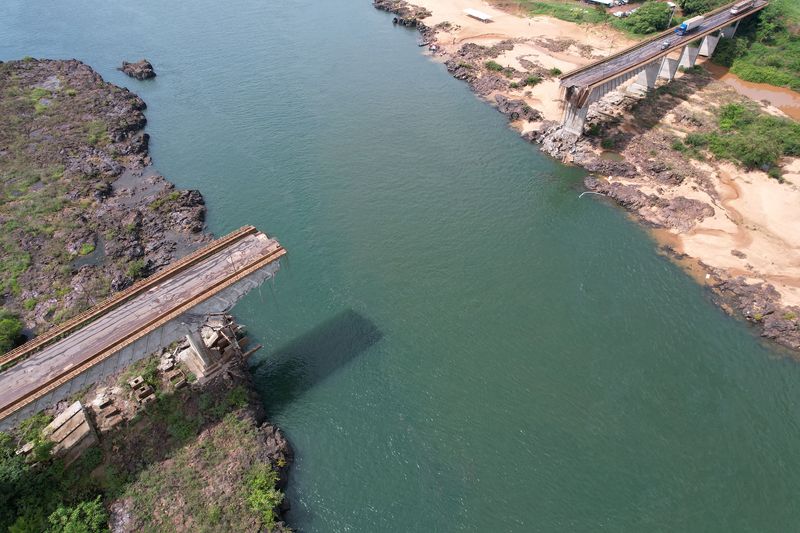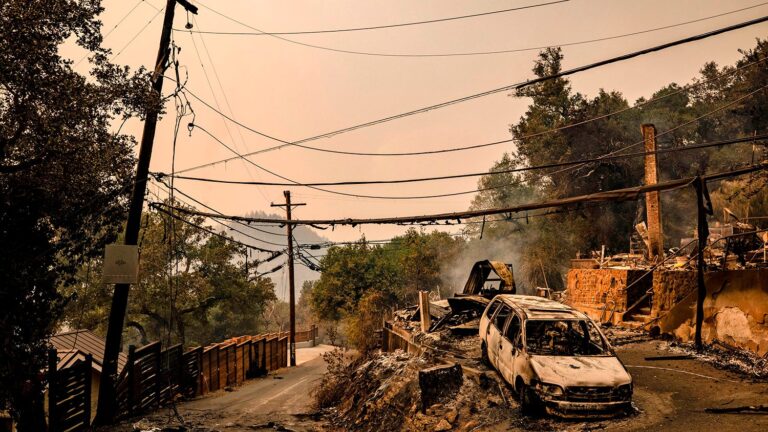Brazil probes risks from chemicals after tankers plunged off collapsed bridge By Reuters
ESTREITO, Brazil (Reuters) – Brazilian state and federal authorities were on Tuesday assessing the risk of water contamination after trucks carrying sulfuric acid and agricultural pesticides plunged into a river in a deadly bridge collapse on Sunday.
The central opening of the 533-meter (583-yard) bridge, which connects the towns of Estreito in Maranhão state and Agiarnopolis in Tocantins state, occurred Sunday afternoon as vehicles crossed the Tocantins River.
The Maranhão state government and the Tocantins fire department confirmed three more deaths in separate statements on Tuesday, bringing the death toll to four, with more than 10 people still missing.
Rescue divers had called off their efforts on Sunday after discovering that trucks carrying sulfuric acid had fallen into the river.
“We are waiting for specific facilities to collect and analyze the water so that we, together with 25 divers, can dive to retrieve the victims in the bed of the Tocantins River,” said Maranhão Fire Brigade Colonel Magnum Coelho.
According to Brazil’s water resources agency ANA, three trucks carrying a total of 76 metric tons of sulfuric acid and about 25,000 liters of agricultural pesticides fell into the river.
In a statement released Monday night, the agency said it was monitoring the risk of contamination along with Maranhao’s environmental secretary and said water samples would be collected from the Tocantins River.
It was not immediately clear if chemicals were leaking, and if so, how much.

“Although we still don’t have the results of the final analysis on the pollution, the environment ministry has found that the pH of the water is normal,” Maranhão state governor Carlos Brandao told CNN Brasil on Monday.
State and federal authorities have urged cities that may be affected by the incident to avoid collecting water from the Tocantins River.





